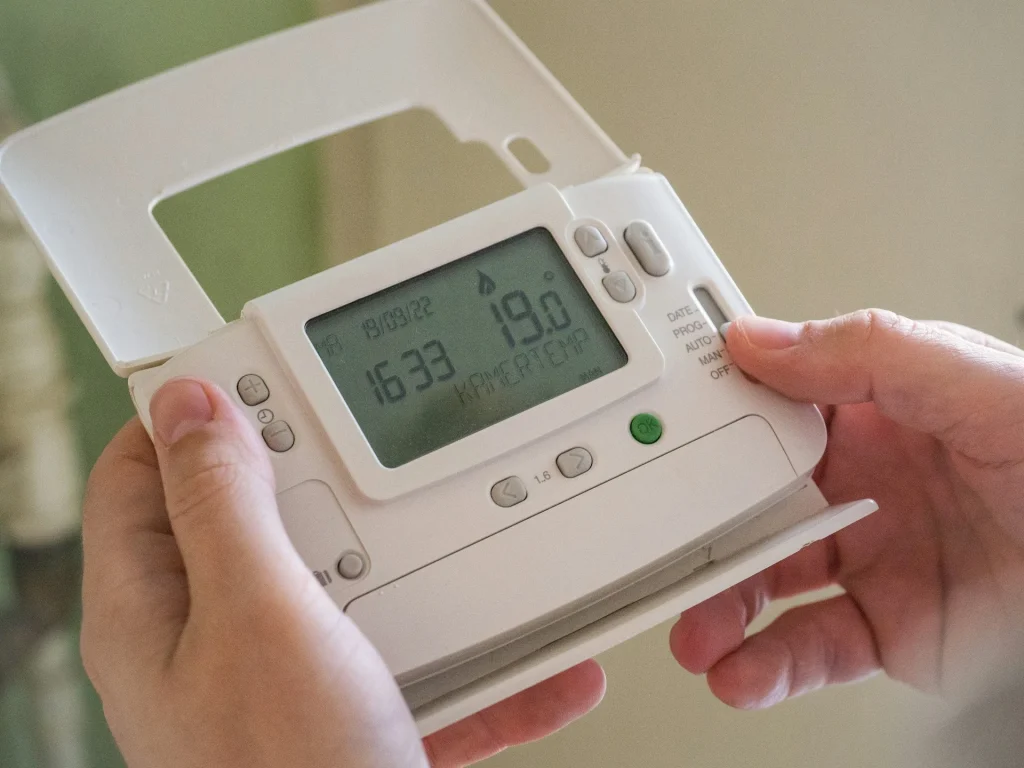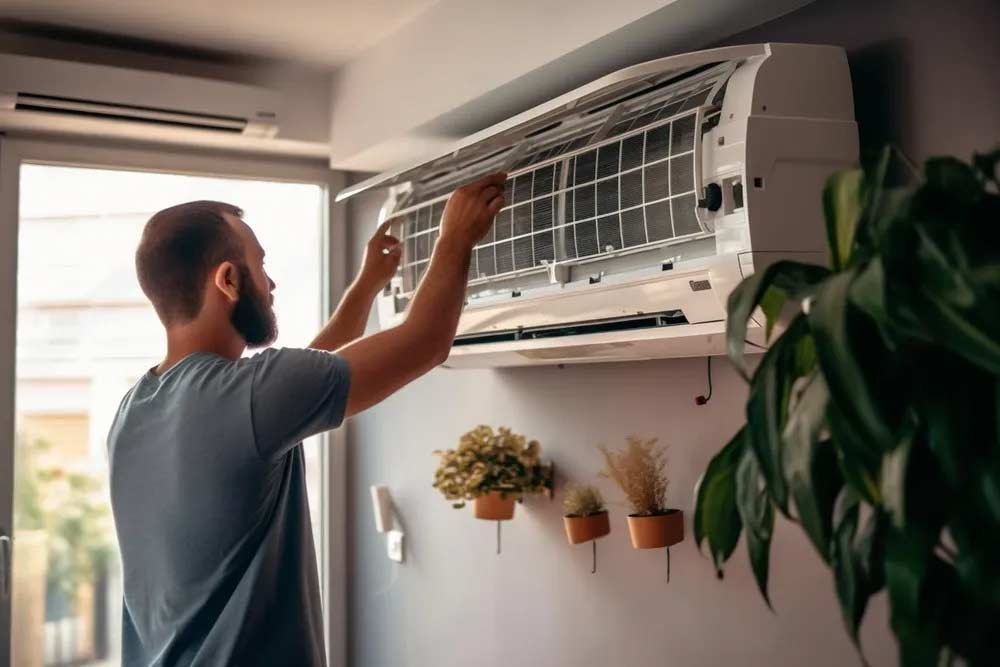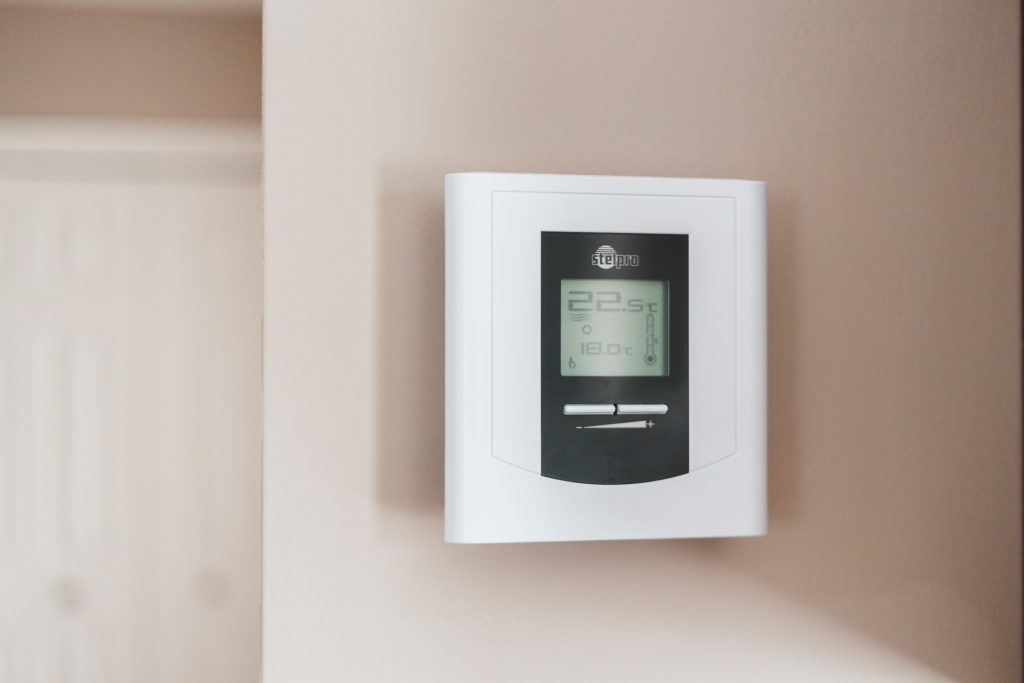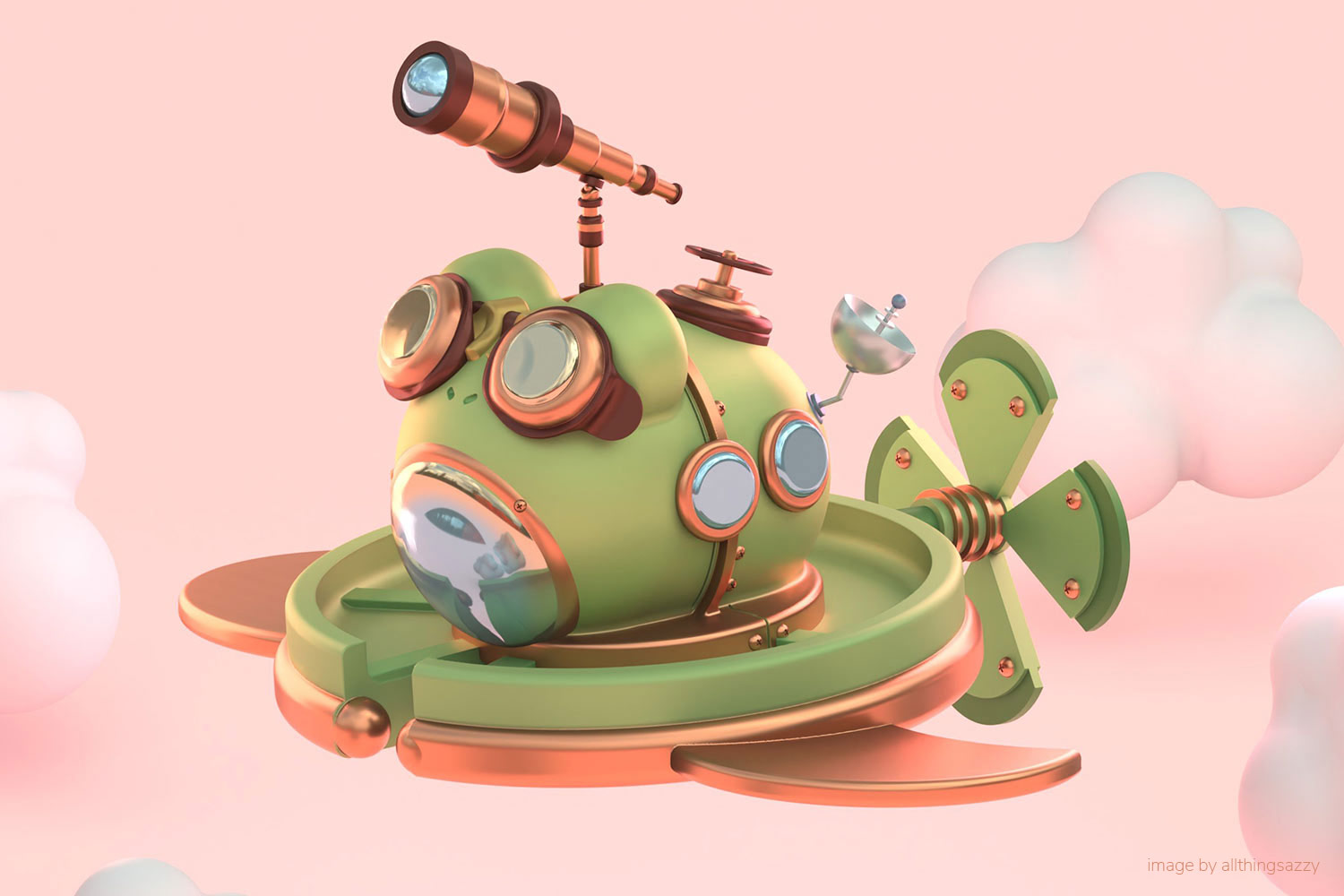As the temperature drops and the winter chill truly kicks in, making sure you have perfectly functioning home heating is a must. This is where proper and consistent heating maintenance is so important. Not only does it keep your home warm and cosy, it also helps you save on energy bills and avoid unexpected breakdowns.
Let’s explore 5 helpful tips to get your heater ready for winter, so you can enjoy a worry-free and toasty-warm season. From cleaning air filters to scheduling a professional check-up, these tips will guide you through simple yet effective steps to prepare your home heating for the cooler months ahead.
Home Heating System Options
Before we look at each of these tips in greater detail, it’s helpful to know the various home heating systems available. Here are some popular options:
- Reverse cycle air conditioning: A reverse cycle aircon system heats and cools your home, and uses a refrigeration cycle to transfer heat.
- Ducted heating: Distributes heated air through a network of ducts, providing consistent warmth throughout your home.
- Space heaters: Gas and electric-powered units can be portable or fixed, and provide direct heat to specific areas or rooms.
- Hydronic heating: Involves installing heating elements under the floor or in walls to radiate heat directly into specific rooms.
- Gas log fires: Want to enjoy the aesthetic appeal of a traditional log fire, without the hassle of collecting, storing and cleaning up firewood? A gas-powered fireplace is an excellent plan B.
Understanding your home heating options can help you choose the best system for your needs and ensure proper maintenance. So let’s now take a closer look at the best maintenance practices to implement.
Tip 1: Clean or Replace Air Filters
As the temperature drops and the winter chill truly kicks in, making sure you have perfectly functioning home heating is a must. This is where proper and consistent heating maintenance is so important. Not only does it keep your home warm and cosy, it also helps you save on energy bills and avoid unexpected breakdowns.
If you have ducted heating or reverse cycle air conditioning installed in your home, it’s important for both the system’s efficiency and overall indoor air quality that you keep the air filters clean. Dirty filters can obstruct airflow, causing your heater to work harder and consume more energy.
To really get the best out of your filters, we recommend checking them regularly. Ideally once a month should be sufficient. If they appear dusty or clogged, it’s time for a clean or replacement. Cleaning is simple: just remove the filter and rinse it under running water until it’s clear. For disposable filters, make sure you have the correct size before replacing them.
Regularly maintaining your air filters not only improves heater performance but also helps maintain a healthier environment in your home. This small step can lead to significant energy savings and a longer lifespan for your heating system.
Tip 2: Inspect and Clean Vents and Ducts
In addition to your filters, making sure your vents and ducts are clean and unobstructed is equally as important for effective heater functionality.
Start by inspecting all the vents in your home to ensure they’re not blocked by furniture or other objects. Dust and debris can accumulate in these areas. This typically leads to diminished airflow which means your heater needs to work harder. Use a vacuum cleaner with a brush attachment to remove dust from the vent covers and the accessible parts of the ducts. If you notice significant dirt buildup or suspect mould growth in the ducts, it’s time to call in a professional for a thorough duct cleaning.
Keeping your vents and ducts clean maximises airflow, improves air quality, and enhances the overall efficiency of your heating system.
Tip 3: Test the Thermostat
Your thermostat plays a key role in maintaining a comfortable, energy efficient home during winter.
Start by testing the thermostat to determine that it’s accurately reading the temperature and effectively controlling your heater. Set it to just a few degrees higher than the current room temperature and listen for the heater to start. If there’s a delay or no response, it might need recalibration or replacement. Consider upgrading to a programmable thermostat for better control and energy savings. These devices allow you to set schedules, so your home is warm when you need it and energy-efficient when you’re away.
It’s also worth noting that for each additional degree of heating in winter, you increase your energy consumption by between 5-10%. Therefore it’s certainly worthwhile to regularly test your thermostat. Not only will it guarantee your heating system runs smoothly, it will also keep your home comfortable and your energy bills in check.
Tip 4: Check for and Seal Any Leaks
Leaks in your heating system can significantly reduce its efficiency and increase your energy bills.
Begin with a thorough check of the ductwork for any visible cracks or gaps, especially around joints and connections. Use a torch to inspect less visible areas, and run your hand along the ducts to feel for escaping air. If you find any leaks, seal them with duct tape or a polyfiller or silicone glue to ensure a tight fit. Don’t forget to check windows and doors for drafts, which can also affect your heater’s performance. Using weatherstripping or caulk can help seal these gaps.
Regularly checking and sealing leaks keeps your heating system running efficiently, ensuring your home stays warm and your energy bills stay low.
Tip 5: Schedule a Professional Maintenance Check
As we said back at the beginning, regular professional maintenance is vital to keeping your home heating in peak working condition.
Book a check-up with a licensed technician before the weather really gets cold. During the visit, they will:
- thoroughly inspect your system
- clean components, and
- identify any potential issues that could lead to breakdowns
The technician will also check for gas leaks, carbon monoxide levels, and make sure your heater operates safely and efficiently. This proactive approach not only extends the lifespan of your heater but also gives you peace of mind knowing your system is ready to tackle the cold months ahead.
Keep Your Home Toasty Warm This Winter!
Taking the time to prepare your heater for winter ensures your home stays warm and cosy throughout the season. By following these 5 tips – cleaning or replacing air filters, inspecting and cleaning vents and ducts, testing the thermostat, checking for and sealing leaks, and scheduling a professional maintenance check – you can improve the efficiency and extend the lifespan of your home heating system.
Don’t underestimate the importance of professional help when needed, as it guarantees safety and optimal performance. A well-maintained heater not only keeps you comfortable but also saves on energy bills and prevents unexpected breakdowns. Start your maintenance routine now, and enjoy a worry-free winter in a perfectly heated home.























Leave a comment